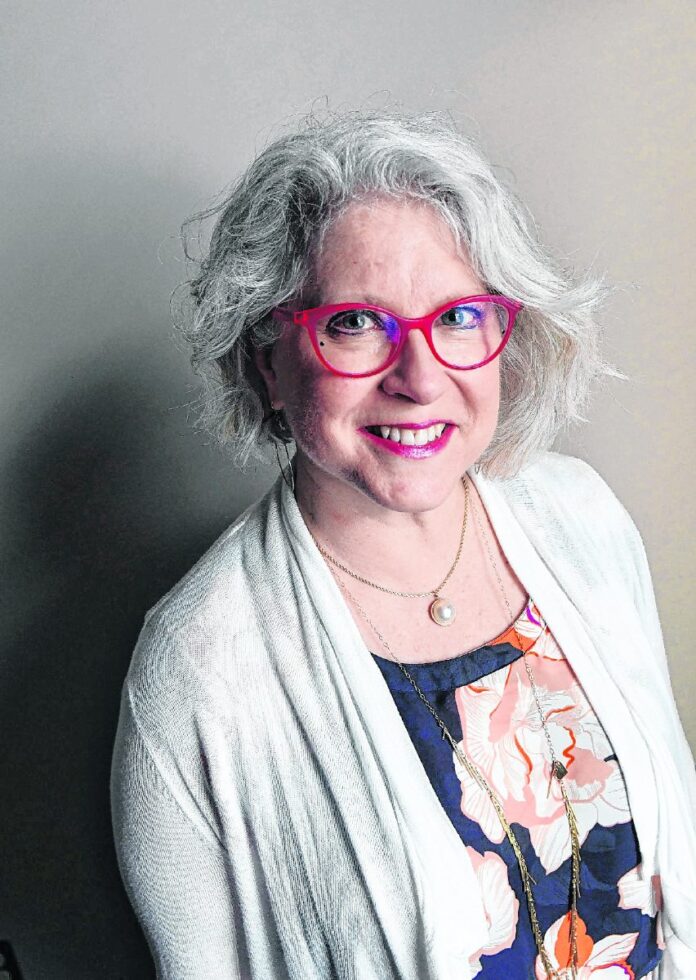The birth of a nation. This means many things to many people as the tour guide at the original Jamestown settlement explained to my husband and me recently. In Jamestown, they don’t talk about Plymouth Rock or St. Augustine, which is arguably the first European settlement in the United States. Each location has its American creation story. I’m taking the side of the Jamestown historians, as it was from this stock of Englishmen and women the experiment of democracy was born.
“Living history” is the specialty of Williamsburg and Jamestown, Virginia. While there, we saw blacksmiths, shoemakers, knitters, joiners, tinkers, tailors, soldiers and spies, all in period costume. We watched a “period” play in a make-shift outdoor playhouse.
While entertained by the colonial spectacle, a living history of a different kind really got my attention. Restorations are ongoing at Williamsburg and Jamestown. In many cases, the laborers on these jobs were brown-skinned, no doubt from Central or South America.
These are the new nation-builders of America. Now, literally, as they claim a large share of the skilled trades in construction. Also, these brown Americans are joining the middle class in large numbers because they are entrepreneurial. The work ethic of Mexicans is widely touted and prized by many American employers.
The brown-skinned Americans are gaining representation in politics at national, state and local levels. They will help determine school curriculum as they join school boards and become more empowered in their communities. I welcome this, as history should be told from many viewpoints and the American story could be more inclusive.
This idea of inclusivity was on display at Williamsburg, as the central character of the outdoor play was, surprisingly, a woman. Caroline Herschel was an astronomer who discovered comets during the period of 1786-1797. I took note of the many young girls in the audience at the play, and I was pleased they had a good role model to see. Some might reflexively think “politically correct” to frame this. For me, it’s no more than broadening the scope of everyone’s horizons.
Rosie Rios, who was the 43rd Treasurer of the United States, lives by the statement, “You don’t value what you don’t see.” She currently is known for her efforts to place a portrait of a woman on the front of U.S. currency. Seeing deserving women and men of any race on honored icons and in statuary is a great way to value their contributions.
One day there will not only be a woman but a brown or black man or woman on our currency. The data tells us “white” United States citizens will be in the minority by 2044, although this is a very narrow interpretation of the data, making mixed races choose either/or.
Nonetheless, this is the trajectory, and we are standing at a transformational vortex of demographics. Consequently, an attitude of brotherly and sisterly love seems the better of options, the other one being that of zero tolerance, even for asylum seekers.
The United States is a rich country with a history of welcoming the hungry, the tired, the poor. Our legacy has been one of largesse and opportunity. This comes from an early foundation of hope, not fear, as our forebears envisioned a life free from monarchical tyranny.
It was hope that fueled the American Revolution and allowed the idea of democracy to germinate. It is hope for a better life that drives people to come here. We must be careful the democracy experiment doesn’t fail on our watch. Let’s continue the narrative of freedom from persecution, due process under the law, and moral compunction that once gave us standing in the world.
Donna Steele, a retired educator, hails from Alabama and made Hancock County her home in 2011. She can be reached at [email protected].



